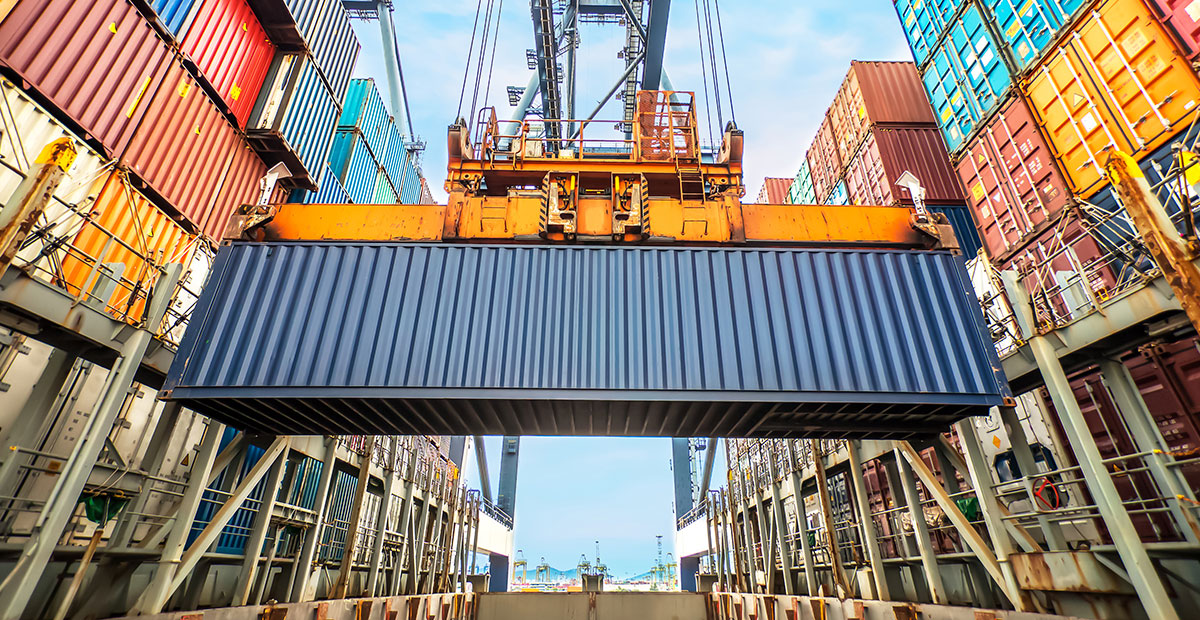Creation Of The AfCFTA: Tax Leaks & Economic Implications For Nigeria
Posted on Sun 2 Feb 2020
- Download Resource
The Protocol on Trade in Goods encourages a liberalized single market for the free flow of goods within the African continent; through progressive elimination of tariffs and non-tariff barriers (particularly import duties or charges having equivalent effects) and the enhancement of efficiency in customs and trade facilitation procedures, amongst other things. State Parties to the Agreement are required to accord products imported from other member countries, treatments which are no less favorable than that accorded to similar domestic products after clearing by the customs[3]. Goods are eligible for preferential treatment under this Protocol, if they originate in any of the member countries. The Protocol also allows member countries to apply anti-dumping and countervailing measures when necessary[4]. In this regard, State Parties are authorized to apply safeguard measures to situations, where there is a sudden surge of products imported into their countries under conditions which cause or threaten to cause serious injury to domestic producers of like or directly competing products[5]. They may also impose measures for protecting infant industries within their territories, where such industries are of strategic value to their national economies.

The Protocol on Trade in Services allows countries to enter into agreements or arrangements for recognition of the education or experience obtained, requirements met, or licenses or certifications granted in other member countries[6]. It also requires them to regulate monopolies within their territories, in order to prevent acts inconsistent with their obligations and commitments under this Protocol. They are further required to eliminate business practices of service suppliers which may restrain competition and thereby restrict trade in services[7]. Subject to the requirements of the Protocol, State Parties to the Agreement are allowed to adopt or maintain restrictions on trade in services, in the event of serious balance of payments and external financial difficulties or threat[8]. This Protocol is primarily designed to achieve progressive liberalization of trade in services on the basis of equity, balance, and mutual benefit through elimination of common barriers.

The Protocol on Rules and Procedures on the Settlement of Disputes creates the mechanism for resolution of disputes arising from implementation of the Agreement. Further to this, the Protocol establishes the Dispute Settlement Body (“DSB”) and the Appellate Body (“AB”) of the AfCFTA. Whilst the DSB has original jurisdiction to interpret and apply all AfCFTA legal instruments and determine the rights and obligations of State Parties under the legal instruments, the AB has appellate jurisdiction over decisions of the DSB but both bodies have powers to issue recommendations and rulings; upon the hearing and determination of a dispute. However, if the recommendations and rulings so issued are not implemented within a reasonable time, the Protocol allows an aggrieved State Party to temporarily suspend concessions granted to the other State Party concerned. This is a form of ‘self-help’ enforcement mechanism provided in the Agreement.
The Agreement is subject to five-year periodic review and a State Party can withdraw from it, at any time after five (5) years from its effective date, by giving written notification to other State Parties to the Agreement.
Commentary
The AfCFTA is expected to be one of the world’s largest single markets, accounting for $4 trillion in spending and investment across the continent, with multi-trillion dollar opportunities for the 54 African countries. It is believed that effective operation of the AfCFTA would deepen Africa’s economic integration and support the realization of the continental “Agenda 2063” – an integrated, prosperous and peaceful Africa. In a similar vein, the Agreement has been projected by most African leaders and global analysts as a framework for driving economic progress and heralding a new phase of industrial boom for Africa. Ordinarily, AfCFTA is a course expected to be supported and championed by Nigeria, as the continent’s largest economy and most populous nation.
3 See Article 5 of the Protocol on Trade in Goods
4 Ibid, Article 17
5 Ibid, Article 19
6 See Article 10 of the Protocol on Trade in Services
7 Ibid, Articles 11 and 12
8 Ibid, Article 14
More Insight
 Fri 21 Mar 2025
Fri 21 Mar 2025IP PROTECTION FRAMEWORK IN NIGERIA - TRADEMARKS
 Wed 18 Dec 2024
Wed 18 Dec 2024SEC’s Draft Rules Facilitate Pension Funds’ Investment In ...





